Clothes, cloth, clothing (A2)
Na Landigo se dnes podíváme na podobná slovíčka CLOTHES, CLOTH a CLOTHING. Víte, jaké jsou mezi nimi rozdíly?
Clothes, cloth, clothing – procvičování:
Porovnejte:
|
All my clothes are black.
|
Všechno moje oblečení je černé. |
|
The shirts are made of cotton cloth.
|
Košile jsou vyrobeny z bavlněné látky. |
|
Warm clothing is necessary.
|
Teplé oblečení je nezbytné. |
How much are the clothes? The cloth looks quite expensive.
| Oblečení: |
clothes
|
| Látka: |
cloth
|

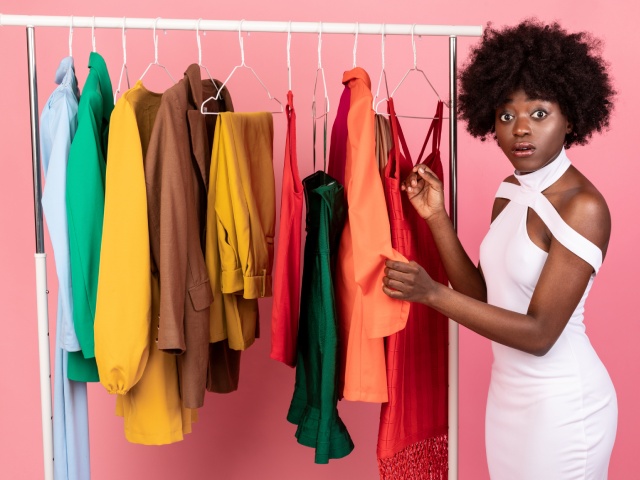
Clothes = oblečení
|
Do you sometimes wear pink clothes?
|
Nosíš někdy růžové oblečení? |
|
Jasmine has a lot of clothes.
|
Jasmine má spoustu oblečení. |
|
I took off my clothes.
|
Svlékl jsem se. |
CLOTHES je množné číslo:
|
Are your clothes warm enough?
|
Je tvoje oblečení dostatečně teplé? |
|
These clothes were very cheap.
|
Toto oblečení bylo velmi levné. |
|
Your clothes look amazing!
|
Tvoje oblečení vypadá skvěle! |
Neříkáme: Is your clothes...?; This clothes was...
Johnny's clothes are different today. He doesn't usually wear a suit.
| Množné číslo: |
clothes are
|
| clothes is |


Are you going to pack all these clothes?
| Oblečení: |
clothes
|
| cloths |

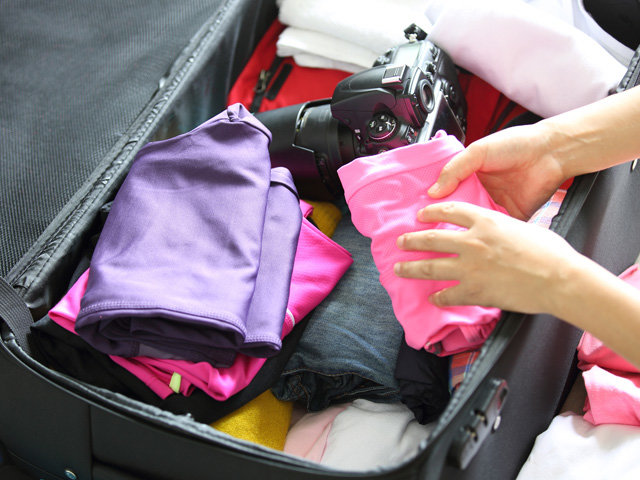
Jennifer has so many clothes!
| Množné číslo: |
many clothes
|
| much clothes |


Cloth = látka, textilie
Cloth = hadřík, hadr; kus látky
|
You need more cloth to make curtains.
|
Na výrobu záclon potřebuješ víc látky. |
|
I'll clean my shoes. Can you pass me a cloth?
|
Vyčistím si boty. Můžeš mi podat hadr? |
|
Please, put a tablecloth on the table before lunch.
|
Prosím, dejte na stůl ubrus před obědem. |
CLOTH s významem látka, textilie nebo plátno je nepočitatelné. S podobným významem používáme FABRIC:
|
This cloth is one of the lightest.
|
Tato látka je jedna z nejlehčích. |
|
How much was the fabric?
|
Kolik ta látka stála? |
CLOTH s významem hadr, hadřík; kus látky je obyčejné počitatelné slovíčko v jednotném čísle. Množné číslo je CLOTHS:
|
Take a cloth and wipe the table.
|
Vezmi si hadr a otři stůl. |
|
There aren't any cloths in the cupboard.
|
Ve skříni nejsou žádné hadry. |

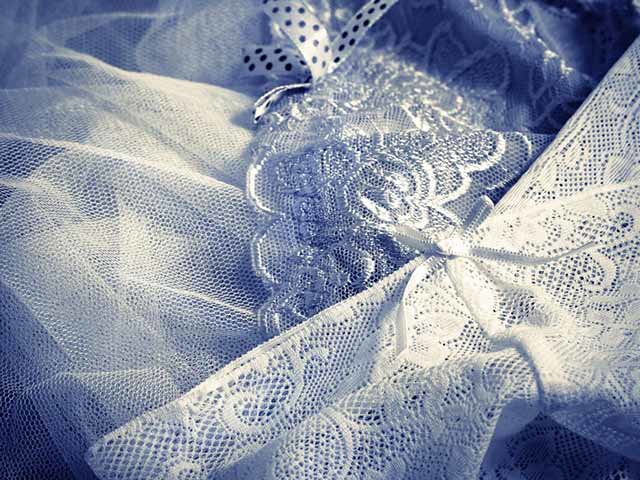

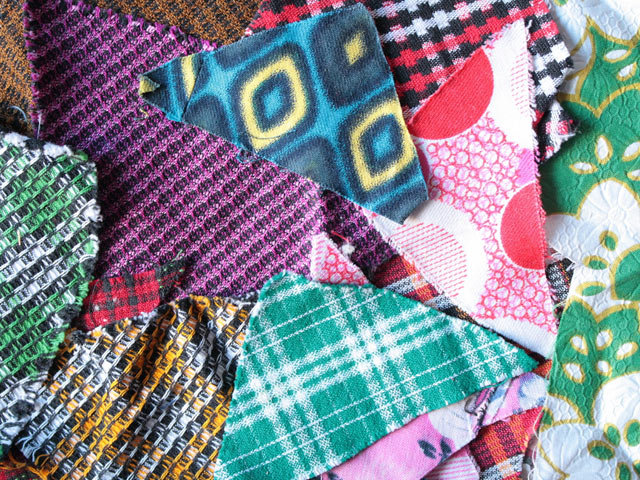

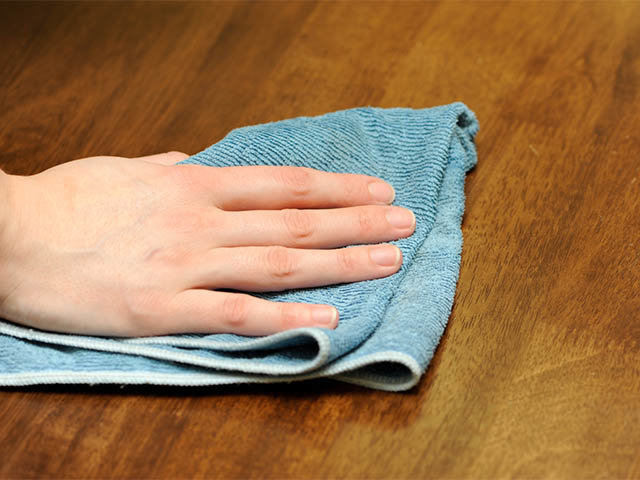

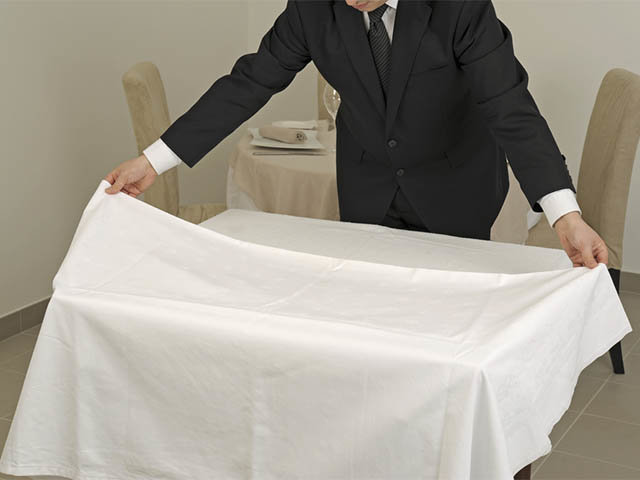
Your dress is dirty. I'll bring a cloth and clean it.
| Hadřík: |
I'll bring cloth a cloth.
|


These bags are made of organic cloth.
| Látka: |
a cloth
|
| Hadřík: |
a cloth
|


Do you have any more cloths for dusting?
| Hadřík: |
a cloth
|
| Hadříky: |
cloths
|


Should we get a tablecloth?
| Ubrus: |
a tablecloth
|
| Ubrusy: |
tablecloths
|

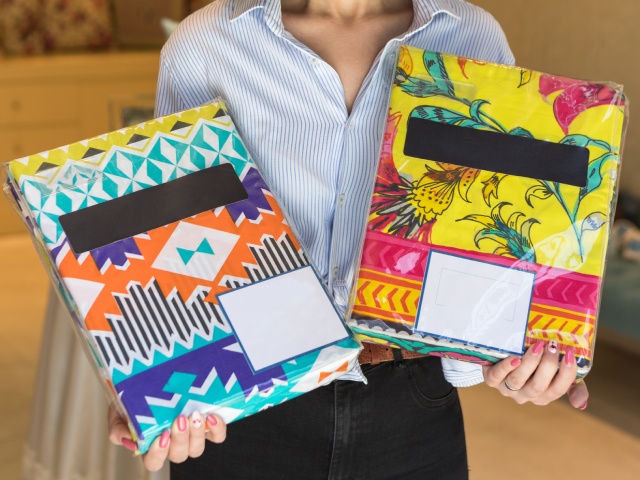
Porovnejte CLOTHS A CLOTHES:
|
I'll buy some cloths for dusting.
|
Pořídím pár hadrů na utírání prachu. |
|
I'll buy some new work clothes.
|
Koupím si nové pracovní oblečení. |
Nikoliv: clothes for dusting; cloths for work
These are special cloths for wooden floors.
| Hadry; hadříky: |
cloths
|
| Oblečení: |
clothes
|


Clothing = oblečení; oděvy (formálnější)
CLOTHING často používáme, když mluvíme o nějakém typu oblečení (winter clothing, warm clothing, protective clothing...):
|
We recommend warm clothing for the trip.
|
Na výlet doporučujeme teplé oblečení. |
|
Everybody should wear special protective clothing.
|
Všichni by měli nosit speciální ochranný oděv. |
|
Our stylish clothing is very affordable.
|
Naše stylové oblečení je cenově velmi dostupné. |
CLOTHING se významově podobá CLOTHES, CLOTHING je ale formálnější:

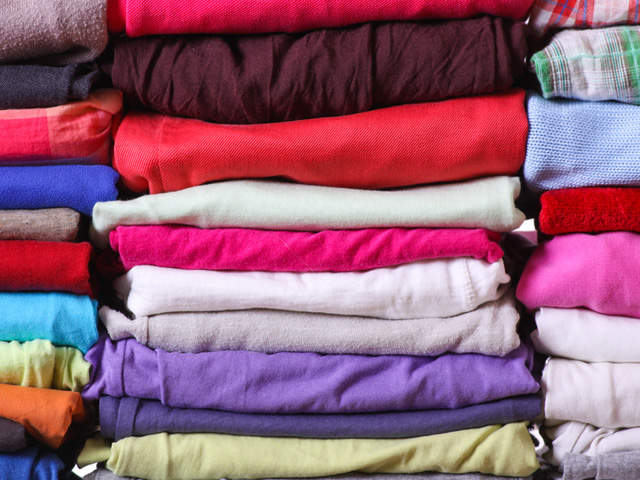


CLOTHING je nepočitatelné, používá se tedy se slovesem v jednotném čísle a netvoří množné číslo:
|
Formal clothing is required at work.
|
V práci je vyžadováno formální oblečení. |
|
I need new fitness clothing.
|
Potřebuju nové fitness oblečení. |
Nikoliv: clothing are, clothings
Excuse me, do you sell children's clothing here?
| Nepočitatelné: |
a children's clothing
|

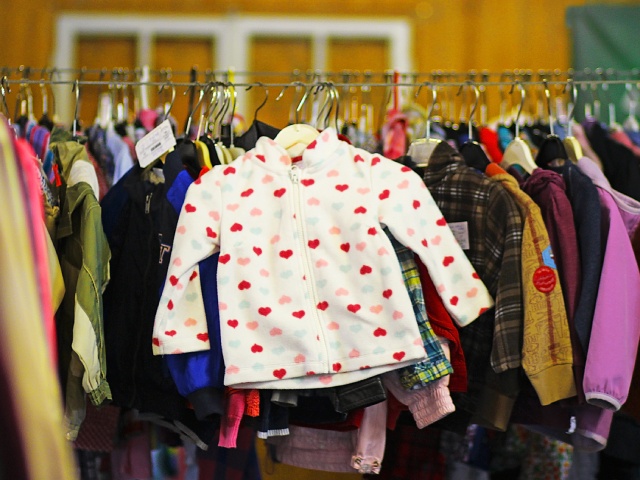
All our outdoor clothing is waterproof.
| Nepočitatelné: | All our clothing is... |
| Množné číslo: | All our clothes are... |

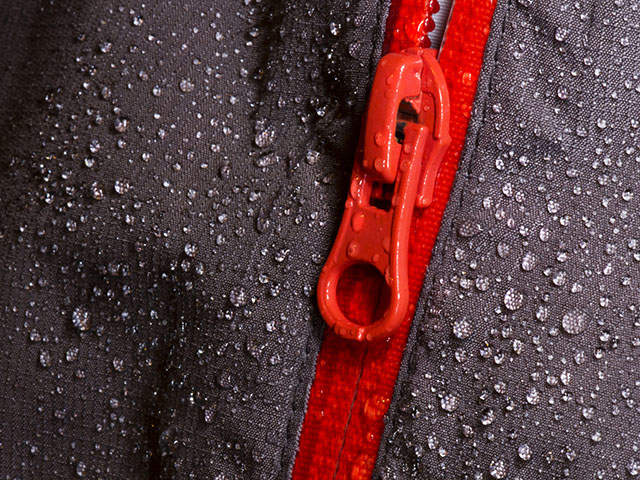
Oliver prefers to wear casual clothing.
| Oblečení: |
clothing
|
|
clothes
|
|
| cloths |


Clothes, cloth, clothing – nejdůležitější body a tip na závěr:
- CLOTHES (oblečení) → množné číslo (clothes are)
- CLOTH (látka) → nepočitatelné (cloth is)
- CLOTH (kus látky; hadřík) → jednotné číslo počitatelné (a cloth is)
- CLOTHING (oblečení; oděvy) → nepočitatelné (clothing is)
- Doporučujeme si procvičit CLOTHES, CLOTH a CLOTHING v našem cvičení.
